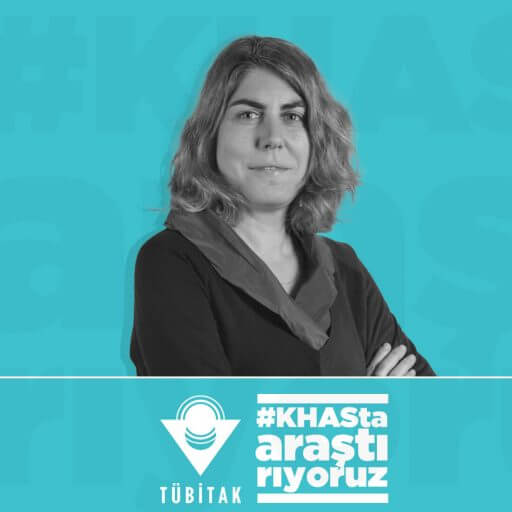History of Household Technologies and Modernization in Women’s Daily Life
3 May 2021Coordinated by Assoc. Prof. Defne Karaosmanoğlu, a faculty member in the Department of Public Relations and Presentation, the project titled “Social History of Household Technologies in Turkey (1930-2020): Modernization in the Everyday Lives of Women” researches the social history of housework-related technologies and examines the ways women perceive and sense modernization as well as changes in gender roles, desires and fears triggered by technological innovations.
Regarding the relation between gender and technology, it’s seen that technologies associated with femininity and domestic life (specifically housework-related technologies) aren’t featured much in the academic literature. Assoc. Prof. Defne Karaosmanoğlu, a faculty member in the Department of Public Relations and Presentation at Kadir Has University, states that the topic wasn’t considered “valuable” enough to be studied in academia, especially before 1980, and leads a project inspired by existing literature: “Social History of Household Technologies in Turkey (1930-2020): Modernization in the Everyday Lives of Women” intends to open new pages in the history with a view of the women in Turkey by standing against technology as a masculine field.
The project’s total budget is funded within the scope of TÜBİTAK 1001 – Scientific and Technological Research Projects Support Program is TRY 703.740. Starting on February 15, 2021, the project will continue until August 15, 2023. Coordinated by Assoc. Prof. Defne Karaosmanoğlu, the project is supported by consultancy from Prof. Dr. Hasan Dağ, a faculty member in the Department of Management Information Systems at KHAS. The project team currently comprises five people: Project researcher from İzmir High Technology University, Asst. Prof. Bahar Emgin Şavk. Postdoctoral researcher, Dr. Leyla Bektaş Ata. Besides, Büşra Eser and Esra Atalay Tuna, students in the Doctoral Program in the Communication Studies at Kadir Has University, work as doctoral scholarship holders. Two master’s degree scholarship holders, one from Communication Studies and one from Management Information Systems, will join the team in the 7th month of the project.
The project intends to present holistic historical writing focused on social, cultural, political, and technological changes that try to understand how housework-related technologies in Turkey changed the house, household, in-house roles, in-house interpersonal dynamics through their representation and use, how they removed or reproduced the distinction between public and private, modern and traditional. While researching the social history of housework-related technologies, it examines the ways women experience and perceive modernization through home technologies, transformations in their daily lives, changes in gender roles and dreams and fears triggered by technological innovations.
The project consists of two phases. The first phase includes a media archive study covering a history of 90 years between 1930-2020. A report comprising visuals and printed texts on the history of home technologies in Turkey will be prepared due to a media archive study covering newspapers, magazines, movies, television, and online media examined through statement analysis. The second phase of the project, oral history research: In-depth interviews will be conducted with 100 female users residing in five major cities. Ten autobiographical books explaining the period 1930-1950 will be examined. By combining media archive and oral history phases the project aims to create a comprehensive analysis of the relationship between technology and society. The second report will provide narratives on the technology uses and experiences of women from various classes and identities.
Images and printed texts that comprise the discursive history of the home technologies in Turkey will be stored in a web interface. A relational database will be created with the contributions from Management Information Systems Program master’s student and consultant. Images and news collected from media archive studies will be entered into the database. This database will be equipped with an interface that can be used very quickly, even by non-expert researchers.
Year, medium, technological product, manufacturing company, or all these can be searched in the database. For instance, we can see electrical vacuum cleaner scenes in the movies around the 1960s when we search. Or we can find ads prepared for microwave ovens in the 1980s. The database will analyze changing phrases about a tool or machine other than this raw material. This database will be in service for both academicians intended to generate an analysis of the modernization and social history of Turkey, and engineers, designers, advertisers, and decision-makers producing media representations.

